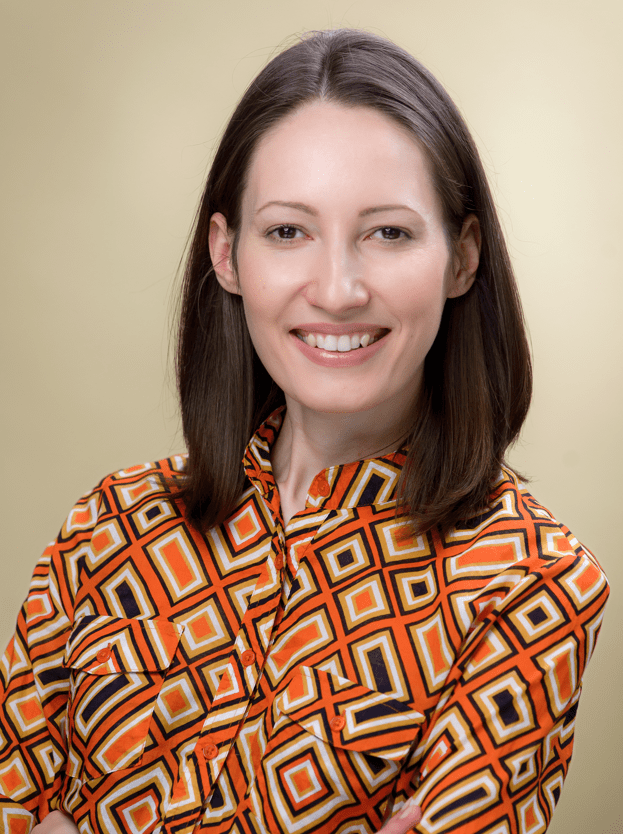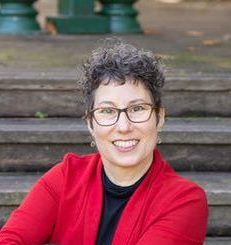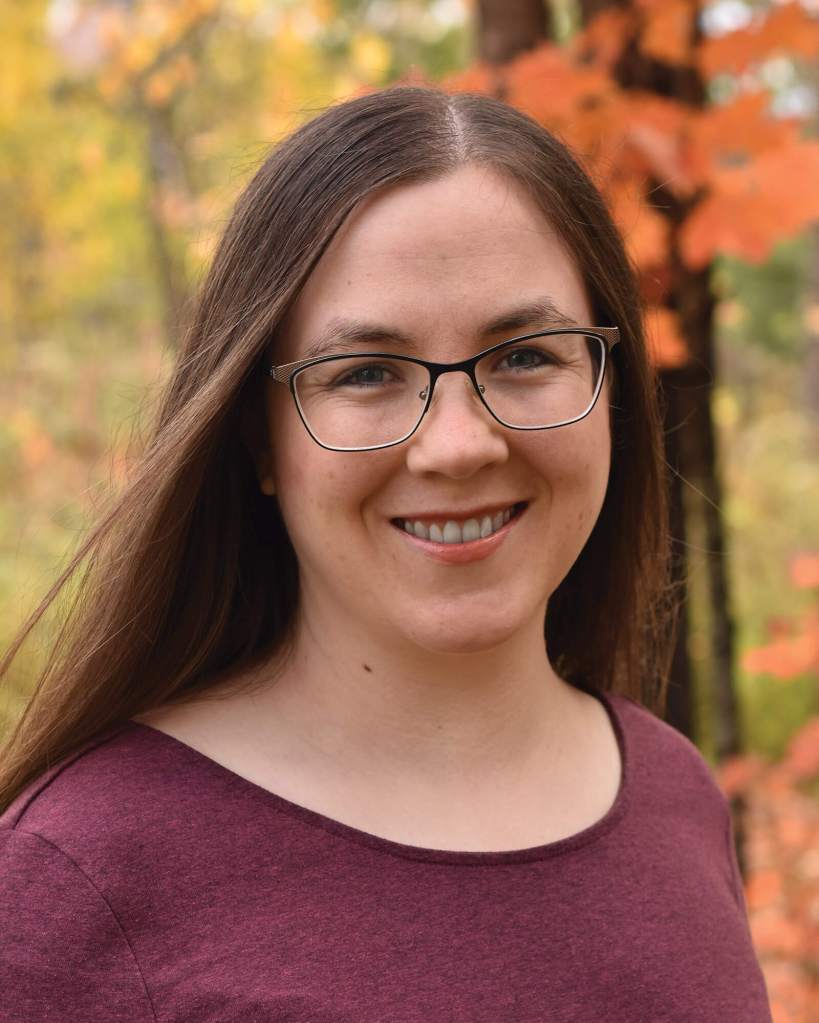In this series, editors share their experiences, insights, and tips on the practical aspects of working as an editor. In some of our previous “Editors Advise” instalments, our contributors have shared their thoughts on various topics, including professional development and training for editors, and advice for those seeking an in-house position. For this edition, four editors tell us a bit about their editorial niches and how they chose them.

What is your editorial niche, and why did you choose this area?
Tanya Mykhaylychenko, copy editor and career coach in Montreal
Two niches occupy my work and professional development time: art history and career development. I chose art; career development chose me.
Art has been a passion since my early days and my primary way of learning about the world. Despite the fact that art editing is quite a narrow and competitive niche with certain budgetary constraints, I am always glad to read about arts, museums, and culture. Artistry is human, and we need time and space for creativity to experience the fullness of life.
Career development was a rather accidental discovery, and an absolute gift! My growth mindset and my previous skills in teaching, coaching, and writing matched with the industry that is broad and very fulfilling. I found my ikigai. I discovered this specialization gradually. After working as a writer in a staffing agency where I saw résumés every day, I applied for a résumé writing contract. I thought it would be easy (laugh), and I needed a flexible opportunity to pursue other goals at the time. While it did offer flexible work, there was so much learning I was hooked. Since then, I have served clients from most industries and all career levels, focusing on managers and executives in recent years. It is very rewarding to talk with clients about their goals and mindsets and see them discover their answers and gain new confidence. I wrote recently about the difference between résumé writing (from a career coaching perspective) and résumé editing.
Michelle Waitzman, plain language consultant, trainer, writer, and editor based in Toronto
In a sense, my editorial niche chose me! Honestly, my main criterion when I started editing was to find clients who paid well enough that I could make a living. That ended up being corporate and non-profit work, for the most part. I also work with a couple of specialty publishers (mainly on law textbooks). But my niche is constantly evolving as well. At first I was a proofreader and copy editor. Eventually, I decided to drop proofreading and focus on copy editing and line editing. All the while, I’ve also been a freelance writer and a non-fiction author. These days, my preferred niche is plain language. In addition to writing and editing, I do consulting and training to help organizations get information across to their various audiences clearly and effectively. Let’s face it, my career is always a work in progress! But I love that about being self-employed—I get to choose which way to steer my career and I don’t have to keep doing anything I dislike.
Erin Alladin (she/her), freelance editor
I have two editorial niches.
The first is children’s literature. I grew up with access to several curated kidlit libraries that gave me a taste for excellence, especially in literary picture books and middle-grade novels. When Pajama Press announced itself as a new literary children’s press, I leaped at the chance for an internship, and then a job. I had to spend years in publicity before I began editing, but I’m grateful for that. It meant I got an intensive master class in the kidlit audience that continues to inform every editorial decision I make.
My second niche is the natural sciences. Most often, I help experts in the fields of forestry, horticulture, and ecology write plainly enough for an audience of laypeople or stakeholders or funders. I spend a lot of my free time teaching about ecology-informed gardening, so it’s an area I’m passionate about.
When I launched my freelance business, I worried that promoting myself in more than one niche might be a mistake, especially since my two specialties were so disparate. I constantly have to choose how to present myself in various situations: kidlit editor or non-fiction editor? But I couldn’t let either go.
And in the end, the two have come together. While I do jump between far-removed projects like forestry grants and young adult (YA) fantasy, I’ve also become known for literary non-fiction picture books. And outdoor education guides. And ecology-themed kidlit. Maybe I have built a single narrow beautiful niche after all.
Sarah Henderson (she/her), owner of Soapstone Editing
I work with non-profit and corporate clients, editing reports, donor magazines, educational materials, web content, and research papers, among other things.
I didn’t always work with corporate folks; before starting my business, I worked as an in-house academic editor and mentor. In fact, that’s when I discovered that I liked this editing thing and decided to complete Simon Fraser University’s editing certificate. I quickly learned that I would be wise to choose an editing niche. Academic editing seemed like an obvious fit, but I also wanted to branch out. I live in a small town far from any city centre, so I certainly didn’t have my sights set on any particular in-house roles.
I decided, rightly or wrongly, to start slow and let random jobs trickle in so I could see what I liked and where the demand was. I took on some self-published books, continued offering academic editing and workshops, and landed a few corporate and non-profit jobs. I liked aspects of all of them, but the non-profit work stole my heart. I got to work on content related to topics that I actually cared about. What a gift.
That excitement about the non-profit work is what led me to my niche. Of course, I don’t always work on projects that excite me, but I’ve learned that having for-profit and non-profit clients provides a steadier stream of work and brings me joy. Plus, I’ve discovered that the corporate folks I’ve had a chance to work with—who initially seemed intimidating to me—are actually perfectly lovely people.
I’m grateful to have found my niche.
This article was copy edited by Alicja Minda.




